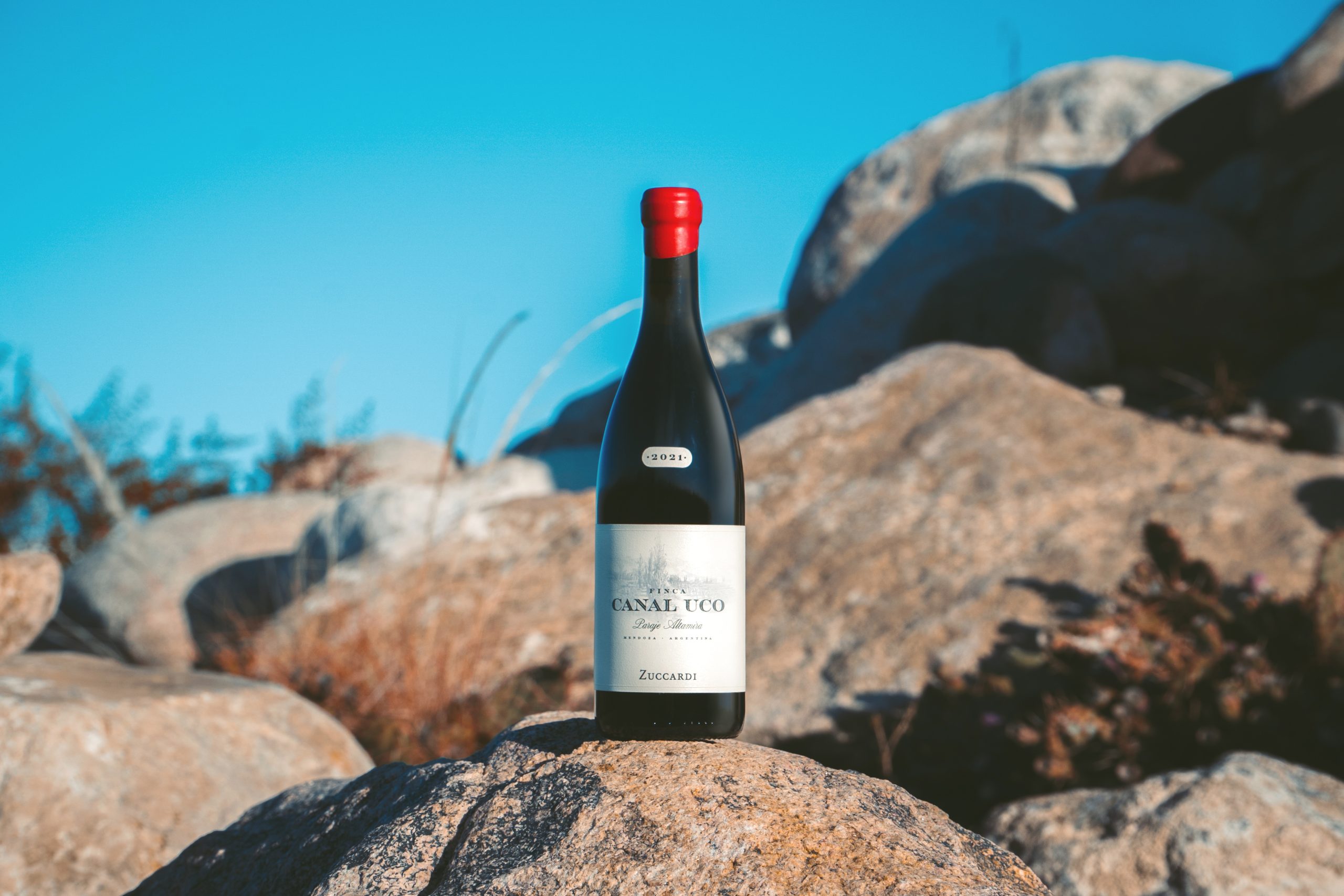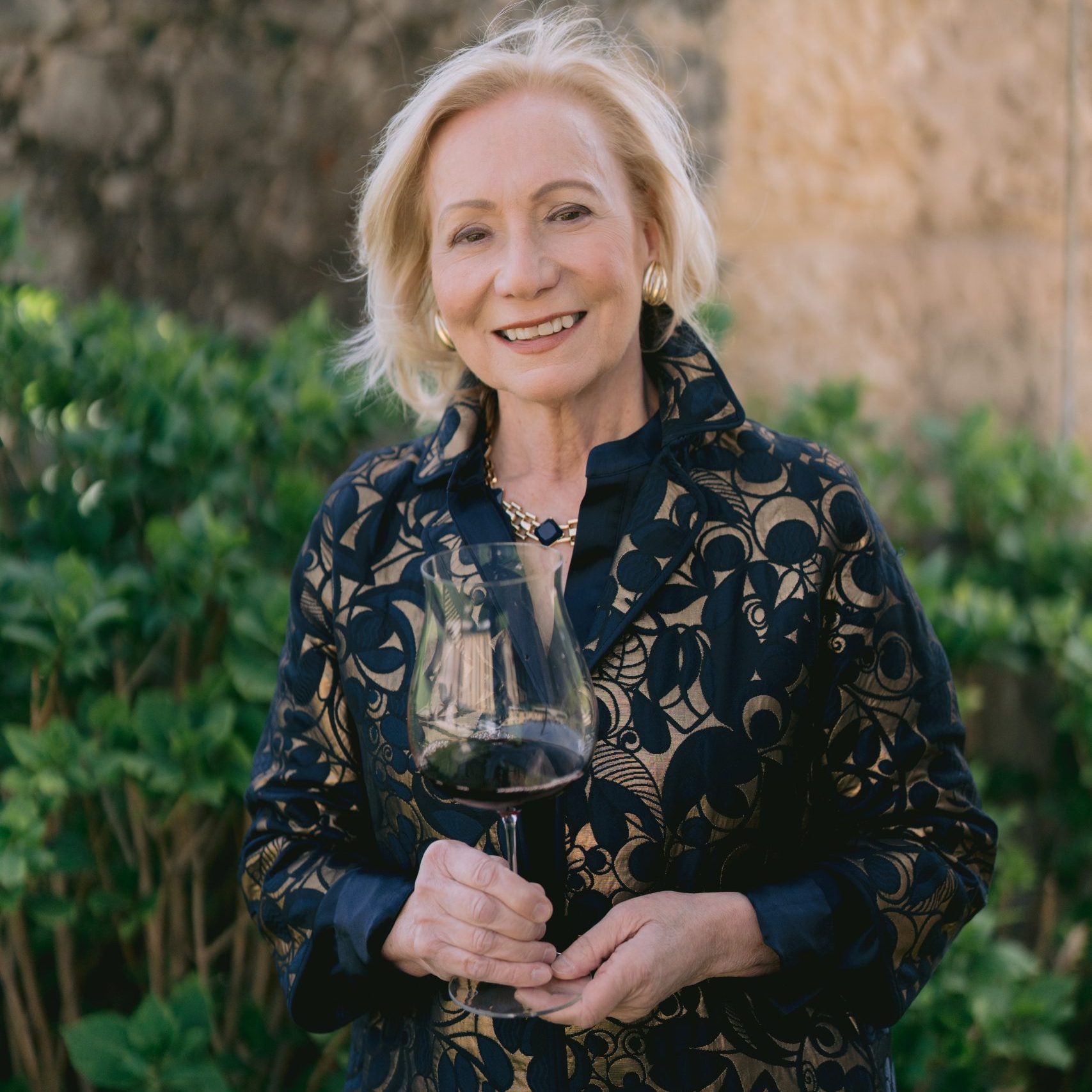Why it was a bumper Christmas for Champagne in British retailers
The Brits consumed more Champagne at home this year than pre-pandemic 2019, especially during Christmas, despite restrictions on socialising – so why was this?

It seems counterintuitive that UK consumers should have drunk more of a product so closely tied to good times, but that’s what happened in 2020, with retail sales of Champagne for the entire year surpassing those of 2019 – a time before Covid-19 reached Britain and led to so many Government restrictions on basic freedoms.
In particular, as reported exclusively by db yesterday, the change in Champagne demand was greatest around Christmas, with sales during the four weeks to the week ending 26 December up by 13% in volume, and as much as 16% in value compared to this time in 2019 (and this was greater than cheaper sparkling wine, which saw 9% growth in volume and value over the same period).
This is not only surprising because such significant growth coincided with a surge in reported coronavirus cases, but also stricter measures across much of the UK, preventing households from mixing.
Strangely, however, such rules may have benefitted Champagne.
It should be stated that late 2020 was a period when most of the UK’s restaurant sector was hamstrung by regulations on who could dine within them – there was no household mixing – before being shuttered up, with only takeaway allowed from 16 December for much of the country, with London entering ‘Tier 3’, and then even tougher Tier 4 from 20 December.
This is relevant to the increased retail sales of Champagne at the end of the year because any consumption that would have occurred in restaurants and bars was transferred to occasions at home, while also leaving consumers with more money – drinks in the hospitality sector of course come with a significant mark up, which ranges from 200-400%.
Boosting consumers’ disposable income further was also the fact that most people have not been able to spend money on travel or entertainment, while Government schemes have supported the economy and kept people in work during the Covid-19 crisis.
Plus the Government also insisted that Brits, even on Christmas day itself, should not meet socially indoors with family or friends outside their household ‘or support bubble’.
And this may be one further reason why Champagne sales increased, and at a greater rate than sparkling wine over the festive period.
With people unable to throw parties for extended family and friends, they were less likely to opt for a cheaper Champagne alternative.
Not only that, but they would be buying fizz purely for those in their household, meaning that it is likely they would buy a reputable branded Champagne, which explains the greater rise in sales by value, than volume for the fine French sparkling.
“Christmas ended up being changed from people’s expectations, with further Covid restrictions introduced, so they couldn’t do what they had planned, meaning that a lot of people had a more intimate Christmas experience at home, and that seems to have boosted Champagne – this is conjecture, but if there had been larger gatherings, then maybe a Champagne alternative would have been purchased,” said Andrew Hawes, chairman of the country’s Champagne Agents Association, as well as managing director of Bollinger’s UK importer, Mentzendorff, during a discussion with db on Wednesday.
Similarly, Julien Lonneux, Vranken-Pommery’s UK CEO, told db yesterday that Brits have chosen to drink pricier fizz due to the restrictions.
“All those consumers who would usually drink branded Champagne and premium wines in the on-trade had to transfer their consumption somewhere, and they have transferred their spend from the on-trade to good wine and food at home,” he began.
Continuing, he said, “Normally there would be lots of people at home for Christmas, and parties, but this year, with just two to three people, there has been trading up from entry-level to branded and premium Champagnes.”
Such a development has accelerated a longer term trend of growth for famous, branded Champagnes, while sales of private and exclusive label variants, which tend to be cheaper, as well as discount-driven, decline.
More generally, the performance of the French fizz during 2020’s Covid-era gives Lonneux the sense that Champagne has lost none of its lustre for UK drinkers, despite the sector seeing a gradual decline in sales over the past few years from a high-point of around 34 million bottles in 2015 to just under 27m bottles in 2019 (see figures below).
Speaking of the latest sales figures for retail sales of the fizz in the UK, he said, “It’s proof that the Brits still love Champagne and enjoy drinking Champagne, and that is reassuring for the short to mid-term future for Champagne; and we are confident that the market will get back to where it was when the on-trade re-opens.”
However, with the on-trade representing as much as 44% of the volume sales of Champagne in the UK according to Lonneux, the growth in retail sales of the French fizz this year won’t be enough to offset the decline in sales through the hospitality sector.
By the end of the November, shipments of Champagne to the UK according to the Comité Champagne were down year on year by around 21% in volume and value, and, after the bumper Christmas sales, Lonneux expects the figure for December to be lessened to a drop of around 19-20%.
This means that he believes total shipments to the UK for 2020 will be between 21 and 22m bottles, a decline of around 5m bottles on 2019, which, considering the mood during much of the past 12 months, could actually be seen as surprisingly good.
Champagne sales in UK retail (Nielsen UK off-trade reporting to week ending 26.12.2020)
Partner Content
Volume
MAT to WE 26.12.2020 – Champagne +3% (Sparkling wine up 10%)
Champagne volume total: 1,050,000 cases (12.6m bottles)
4 weeks to WE 26.12.2020 – Champagne +13% (Sparkling wine up 9%)
Value
MAT to WE 26.12.2020 – Champagne +8% (Sparkling wine up 12%)
Champagne value total: £317 million
4 weeks to WE 26.12.2020 – Champagne +16% (Sparkling wine up 9%)
Price per 75cl (£)
MAT to WE 26.12.2020 – Champagne + 5.3% from £23.87 to £25.15
The UK total market for Champagne (shipments)
Shipments to the UK in 2020 (Estimate): 21-22m bottles (-20%)
Shipments to the UK in 2019 (Comité Champagne): 27.0m bottles (+0.8%)
Shipments to the UK in 2018 (Comité Champagne): 26.8m bottles (-3.6%)
Shipments to the UK in 2017 (Comité Champagne): 27.8m bottles (-11%)
Shipments to the UK in 2016 (Comité Champagne): 31.2m bottles (-8.7%)
Shipments to the UK in 2015 (Comité Champagne): 34.2m bottles (+4.5%)
Shipments to the UK in 2014 (Comité Champagne): 32.7m bottles (+6.2%)
Shipments to the UK in 2013 (Comité Champagne): 30.8m bottles (-5.2%)
Shipments to the UK in 2012 (Comité Champagne): 32.5m bottles (-5.8%)
Shipments to the UK in 2011 (Comité Champagne): 34.5m bottles (-2.8%)
Shipments to the UK in 2010 (Comité Champagne): 35.5m bottles (+16.4%)
Shipments to the UK in 2009 (Comité Champagne): 30.5m bottles (-15.3%)
Shipments to the UK in 2008 (Comité Champagne): 36.0m bottles (-7.9%)
Shipments to the UK in 2007 (Comité Champagne): 39.1m bottles (+6.3%)
Finally, a note on discounting in UK retailers. Although there were widespread price promotional offers on Champagne in the run-up to Christmas, the extent of such sales techniques were no greater than in previous years, according to Hawes.
He told db, “There was a significant amount of Champagne sold by the major retailers on generic offers – for example 25% off everything – but this has been a feature of the market for some time, so the consumer is tuned into that, and it’s been consistent.”
He added, “I don’t think that the retailers did any more or any less [promotional activity in 2020], and the same is true for brand owners.”
In fact, overall during 2020, there was probably less price promotion on Champagne than normal due to retailers’ changing priorities during the spring-time lockdown in the UK.
Lonneux explained, “We lost three months of sales in 2020 off-trade wise, because, back in April and May, Champagne bottles were taken off the shelf to put dry goods on the shelf, from toilet rolls to pasta, and there were no promotions on Champagne from April to June.”
Continuing, he recorded, “They were cancelled by retailers, who couldn’t afford logistically speaking to have non-essential products promoted.”
In conclusion, he said, “So these weeks with small consumption have been more than counterbalanced by the sales seen in other weeks, which is why, off-trade wise, I’m quite positive about Champagne.”
Read more
IT’S OFFICIAL: THE BRITS HAVE DRUNK MORE CHAMPAGNE DURING THE PANDEMIC




